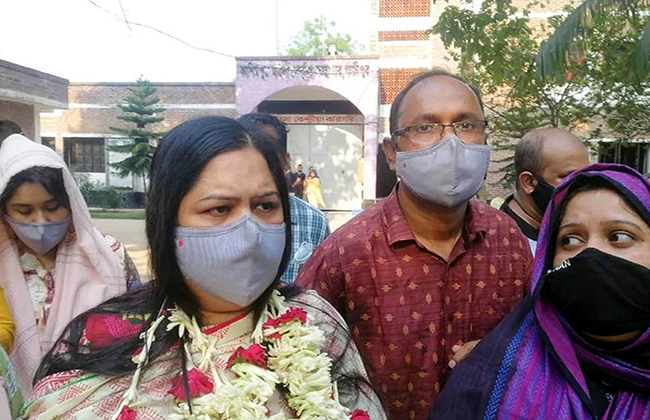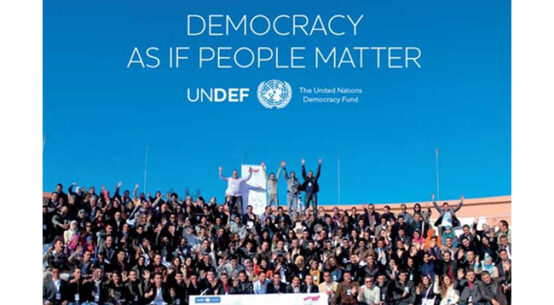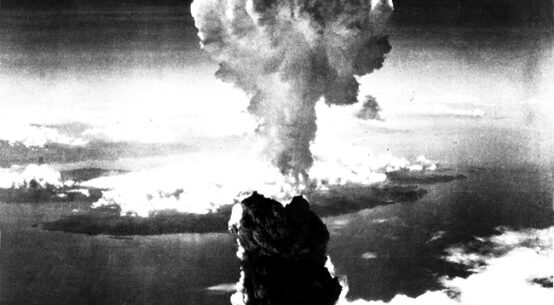
If anyone still remembers, a journalist by the name of Rozina was intercepted by half of the Health Ministry officials, police and anyone else at the secretariat who was keen because she had done something wrong. Physical violence was exerted on her and she was first kept hostage, sent to the thana and later the jail.
Rozina was accused of breaching state secrets laws etc. However, it soon transpired that the Health Ministry- not exactly a competitor for winning a Nobel prize in the efficiency or honesty category- that the case was weak and they were forced to give bail , particularly as the entire working journalists category went on a campaign on the issue.
Fast forward a month and Bangladesh’s vaccine and other relations with China are suffering particularly around the vaccine issue. In the midst of pretty heated accusations and words, China agrees to sell vaccines to Bangladesh at a reduced price as a strategic decision. China needs Bangladesh as a balancer against its vaccine rival India and that’s good news for Bangladesh. And then enter the Health Ministry officials.
In what was one of the bigger goof ups in recent time, Bangladeshi Health officials disclosed the price of the vaccine to the media. The contract specifically said it was to be kept a secret. It was a monumental fuck up and caused a rift between the two countries. It’s heard that the below market price will now no longer apply and Bangladesh will have to pay much higher price and the relations have been dented.
Apart from all this we have also proven to incompetent. China and other foreign countries will notice that we can’t even keep a state secret which affects national interest and that by the very people assigned to do so. We blubber out what should not be discussed publicly. And it’s not a journalist like Rozina who is doing it but a Health Ministry official who were accusing Rozina of doing exactly the same. Welcome to Bangladesh reality.
Of corruption and inefficiency
Two issues are clear. Double standards are part of Bangladesh’s culture at all levels. So what is considered a crime for Rozina and worth jail and remand simply becomes a convenient transfer for the amla who spilled the beans . No more is done and perhaps doesn’t deserve to be because she didn’t intentionally want to do it. It’s just that she was not competent enough.
And that is probably the biggest issue in the country’s governance structure. While the state is amla centred, the same are not brilliant shining models of efficiency. And just as there is no scope for punishment for gross errors , there is no plan to improve the general level of efficiency.
It’s also true that the level of efficiency is not going to be easily improved as the class that supplies the amlas aren’t famous for efficiency. A product of the colonial administration, they are better known for connections and personal economic development. In fact, when an amla is discovered not to be corrupt, it becomes a media news.
Thus when trio factors- inefficiency, corruption and network based power- are at work, such goof ups become unavoidable. And till those issues are addressed, the chances of finding an amla class which actually works may remain missing. This may bring up the more structural question of what role do amlas play in the making of the state.
Perhaps what we are looking at is the emergence of the inefficient state as a norm where corporate functions of governance are not driven by performance but network and loyalty. In that state of affairs efficiency doesn’t matter. As the state itself doesn’t demand if from its functionaries how can the same offer to be so. The issue is therefore one that goes deep into the challneges that states face when it’s too engrossed in connection capitalism.
Amlas don’t become inefficient and corrupt by choice. They do so because the system is so and to be part of the system they need to become that. And that is why we have such a situation that leads to situations where the cats go beyond normal modes of explanation. No answers are possible when the state itself is a bigger puzzle than them all.
Afsan Chowdhury is a journalist, columnist and liberation war researcher. He received Bangla Academy Award in the year 2018 for his contribution to the liberation war literature.


